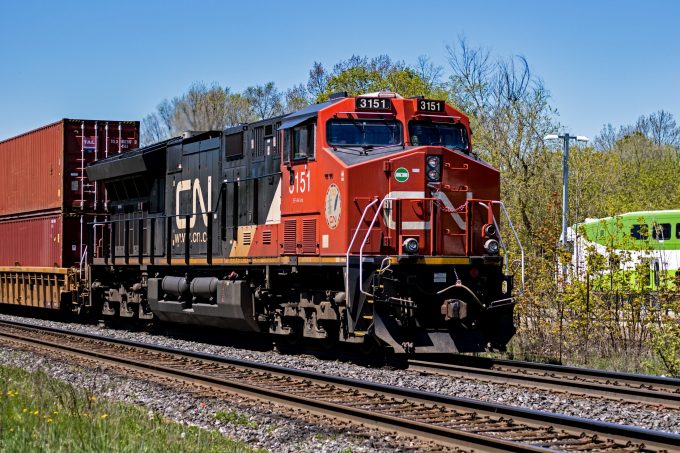SA: Canadian Pacific & Norfolk Southern – top rail transportation stocks at Jefferies
SEEKING ALPHA reports: Jefferies initiated coverage on the Class 1 rail transportation sector on Monday. Analyst Stephanie ...

About 750 signals and communications workers at Canadian National Rail (CN) went on strike on Saturday, after the International Brotherhood of Electrical Workers and CN management failed to reach agreement in contract negotiations.
According to CN, the unresolved issues are primarily about wages and benefits.
Management has implemented a contingency plan, saying this would allow it to operate at a level of safe operations across its network as long as required, but the union has challenged that view.
The workers on strike maintain ...
Maersk u-turn as port congestion increases across Northern Europe
Apple logistics chief Gal Dayan quits to join forwarding group
Maersk Air Cargo sees volumes fall as it aims for 'margin in favour of revenue'
Houthis tell Trump they will end attacks on Red Sea shipping
Transpac rates hold firm as capacity is diverted to Asia-Europe lanes
Airlines slash freighter capacity post-de minimis, but 'the worst is yet to come'
MSC revamps east-west network as alliance strategies on blanking vary
India-Pakistan 'tit-for-tat' cargo ban sparks sudden supply chain shocks


Comment on this article